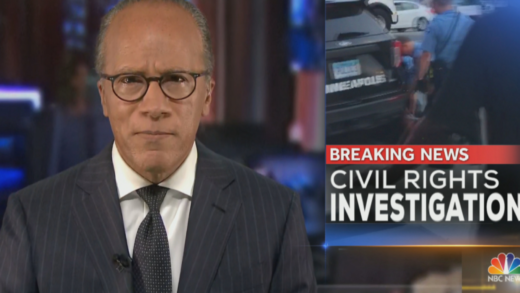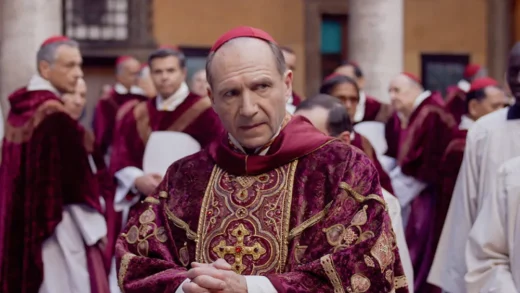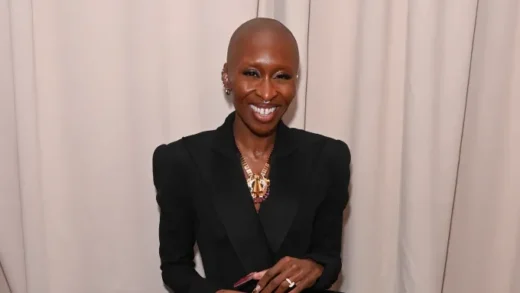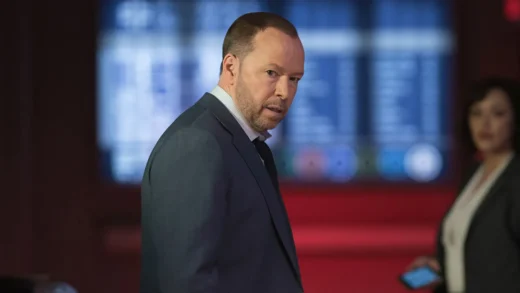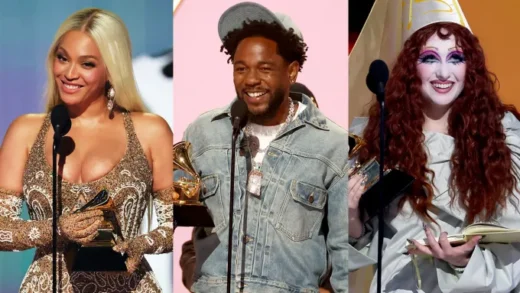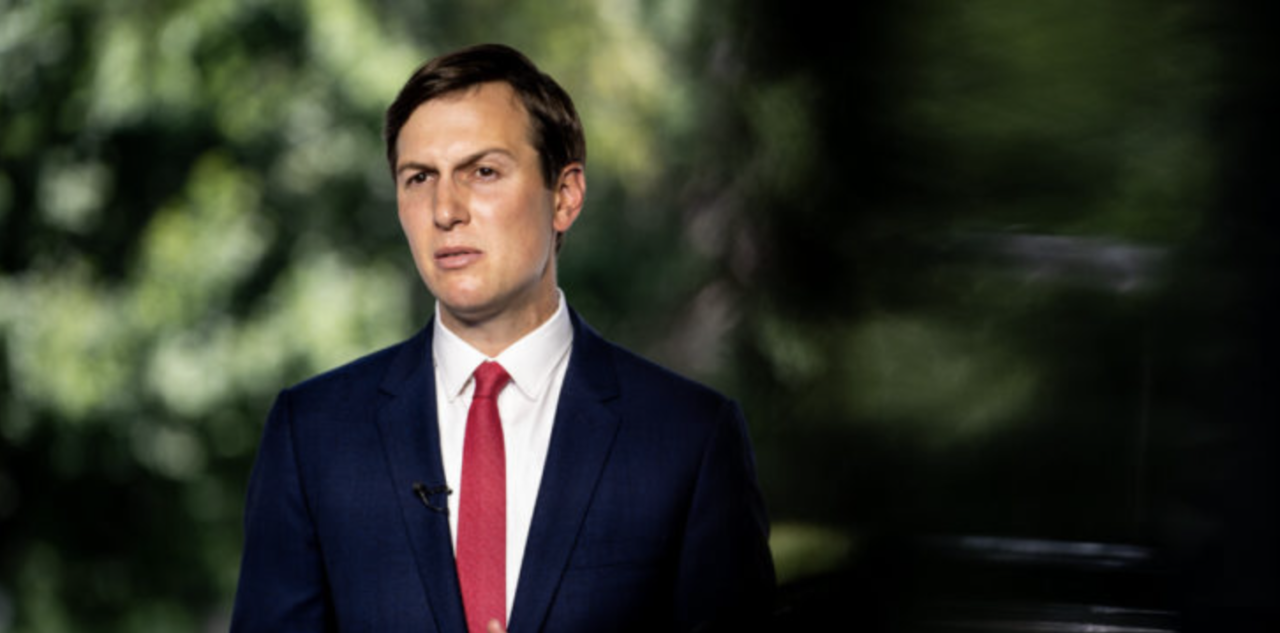On Thursday, Nov. 5, 2020, barely 24 hours after President Donald J. Trump claimed in the middle of the night that “frankly, we did win this election,” Jared Kushner woke up in his Kalorama mansion and announced to his wife that it was time to leave Washington. “We’re moving to Miami,” he said.
The election had not even been called for Joseph R. Biden Jr., but as Mr. Kushner later told the story to aides and associates, the White House’s young power couple felt no need to wait for the official results. They saw which way the votes were going and understood that, barring some unforeseen surprise, the president had lost his bid for a second term. Even if he refused to accept it himself.
No matter how vociferously Mr. Trump claimed otherwise, neither Mr. Kushner nor Ivanka Trump believed then or later that the election had been stolen, according to people close to them. While the president spent the hours and days after the polls closed complaining about imagined fraud in battleground states and plotting a strategy to hold on to power, his daughter and son-in-law were already washing their hands of the Trump presidency.
Their decision to move on opened a vacuum around the president that was filled by conspiracy theorists like Rudolph W. Giuliani and Sidney Powell, who relayed to Mr. Trump farcically false stories of dead voters, stuffed ballot boxes, corrupted voting machines and foreign plots. Concluding that the president would not listen even to family members urging him to accept the results, Mr. Kushner told Mr. Trump that he would not be involved if Mr. Giuliani were in charge, according to people he confided in, effectively ceding the field to those who would try to overturn the election.
Mr. Kushner’s decision to withdraw from the most consequential moment of the Trump presidency left few effective counterweights to the plotters seeking to subvert the will of the voters to hang on to power. While the president’s son-in-law had arguably been the most influential adviser to the president through four years, weighing in at times and carefully cultivating his reputation, he chose at that pivotal moment to focus instead on his personal project of Middle East diplomacy. He returned to the region to meet with figures who would also be helpful to him later in making money after leaving the White House. It was the final act in the myth that Mr. Kushner would be the moderating force on a president who resisted moderation.
The role Mr. Kushner played could come into sharp relief once the congressional committee investigating the Jan. 6, 2021, attack on the Capitol opens public hearings this week. The committee interviewed Mr. Kushner, who otherwise has not spoken at length publicly about the events after the 2020 election, and plans to show video excerpts from his testimony along with Ivanka Trump’s.
Mr. Kushner’s activities in his final months in the White House are now also coming under the scrutiny of another Democratic-run House committee investigating whether he used his position to secure a $2 billion investment in his new private equity firm from a prominent Saudi Arabian wealth fund. Mr. Kushner has said he abided by all legal and ethical guidelines while in public service.
(Excerpt) Read more in: DNYUZ
